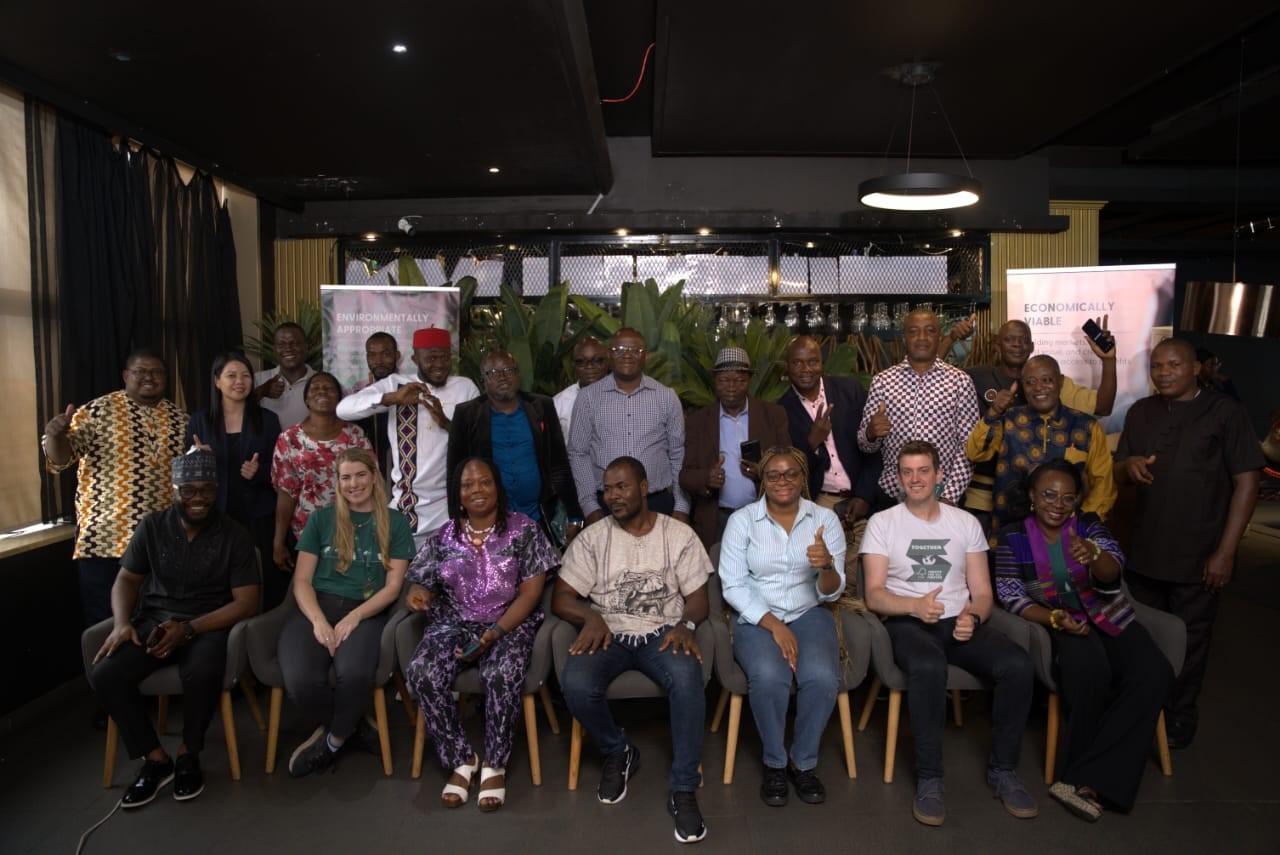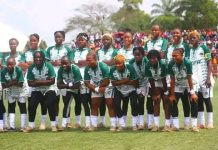Africa-Press – Liberia. The Forest Stewardship Council (FSC), an institution focusing on protecting the natural forest and ensuring that the commercialization of forests meets the EU regulations has emphasized the need for Liberia to practice responsible forest and rubber management.
At a discussion on the Forest Stewardship Council on Monday, August 5, regarding stewardship standards and related work and networking with stakeholders, the group underscored the importance of maintaining first that will promote biodiversity.
Speaking at the event, the FSC Coordinator of Congo and West Africa Basin, Patrick Epie noted that the event is about their work in general on natural rubber certificates and that as part of their work, they are expanding in West Africa.
Epie said they are keen on developing a sustainable and reliable business model as a strategy to enhance a natural forest.
This, according to him, is because Liberia has the potential as the fourth largest natural rubber producer in West Africa, and it was important to focus on Liberia with the said procedure, for the sustainability of its natural forest and rubber.
According to Epie, this will be done through economic viability and would also be considered in an environmentally friendly aspect.
“This is evident that with FSC certification, they can access the premier market. For the starting point, we are targeting natural rubber and then timber,” Epie noted but said it should fall in line with the FSC certification process.
He further noted that the team will explore the opportunity to extend to other sectors.
For his part, FSC Senior Regional Communications Manager for Africa, Israel Bionyi, noted that the organization’s mission to Liberia is intended to talk about natural rubber certification, within the Liberian context and making forests more responsible.
Bionyi noted that the discussion focussed on how smallholder farmers can use the Forest Stewardship Council scheme and standards to gain access to international best practices.
“Smallholders can be FSC certified. We are looking into the national standard development process that is happening and
Liberia is developing an interim national forest situation standard, which is expected to be completed at the end of 2024,” Bionyi noted.
He said with the standard, forests in Liberia can be FSC certified.
During the session, a discussion on how ecosystem services can be developed in Liberia developed a manual for biodiversity protection, soil protection, water restoration, and recreational activities within the certified forest as a means of making it more valuable.
Bionyi further maintained that international regulations that influence the Librarian market were also looked at, especially the EU regulation on deforestation, which would enable Liberia to bring products into the EU market, free from deforestation.
These regulations, according to him, would help companies comply with the EU Deforestation Regulation.
The regulation is expected to come into force on January 1, 2025, and FSC has put together a series of solutions that would enable companies to comply with the EU Regulations.
The discussion brought together participants from the Ministry of Agriculture, Civil Society, NGOs, and smallholder farmers at the Royal Grand Hotel in Sinkor, on how they can be compliant.
During the discussion, FSC also saw the need to introduce smallholders’ concerns with the sector, to a company that is buying from smallholders and another company which they said will help smallholders comply with the FSC.
The group has also informed stakeholders at the meeting about a business model, which will guide forest and natural rubber marketing at the European Market.
The business model is intended to ensure that the forest is sustained for future generations.
For More News And Analysis About Liberia Follow Africa-Press






